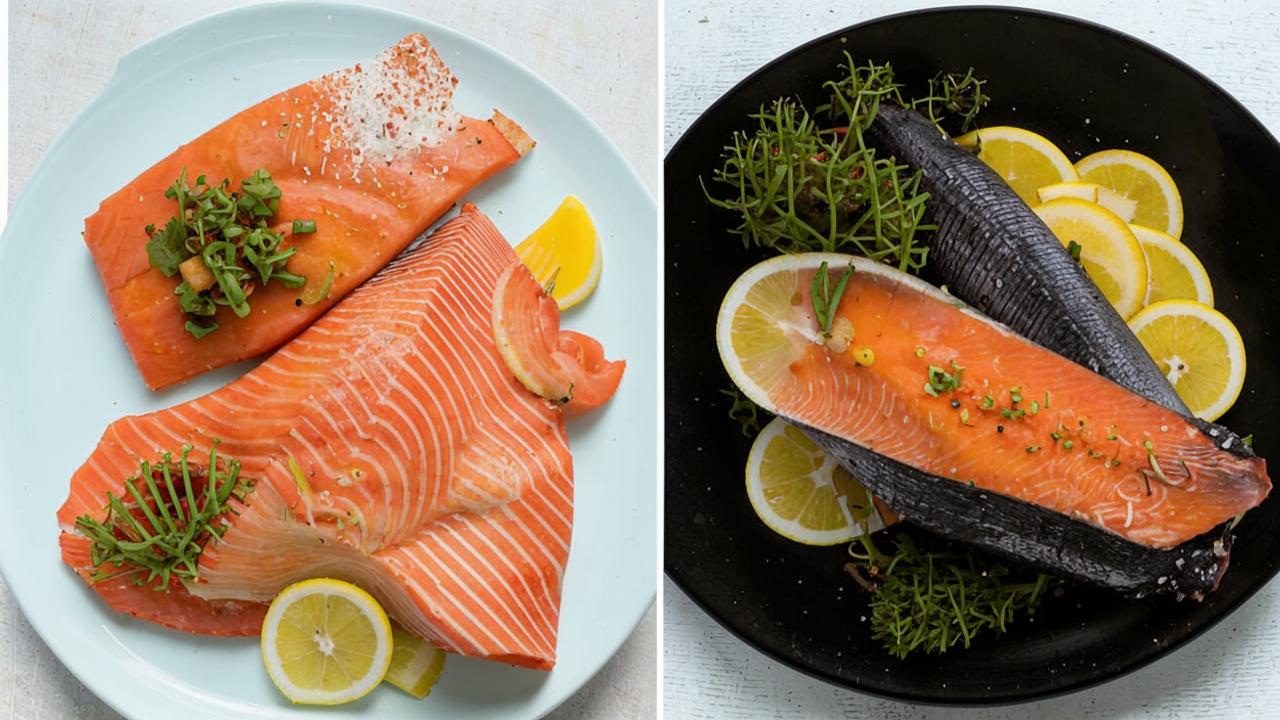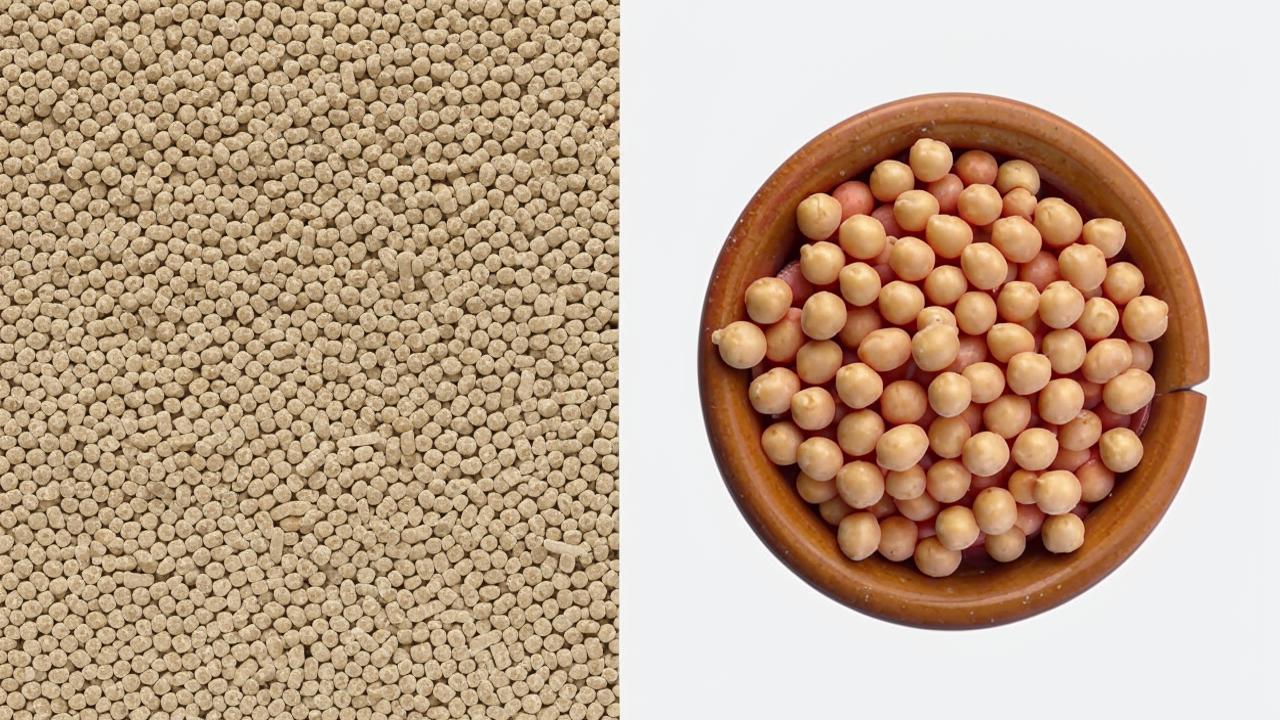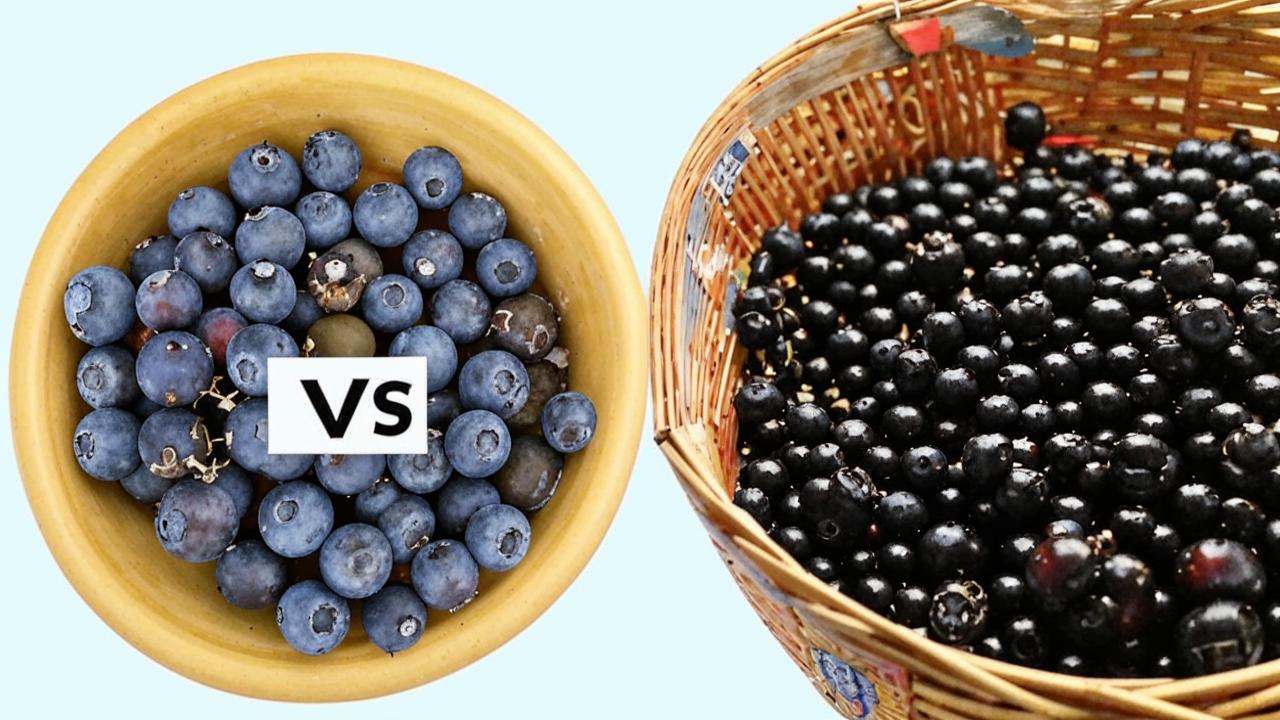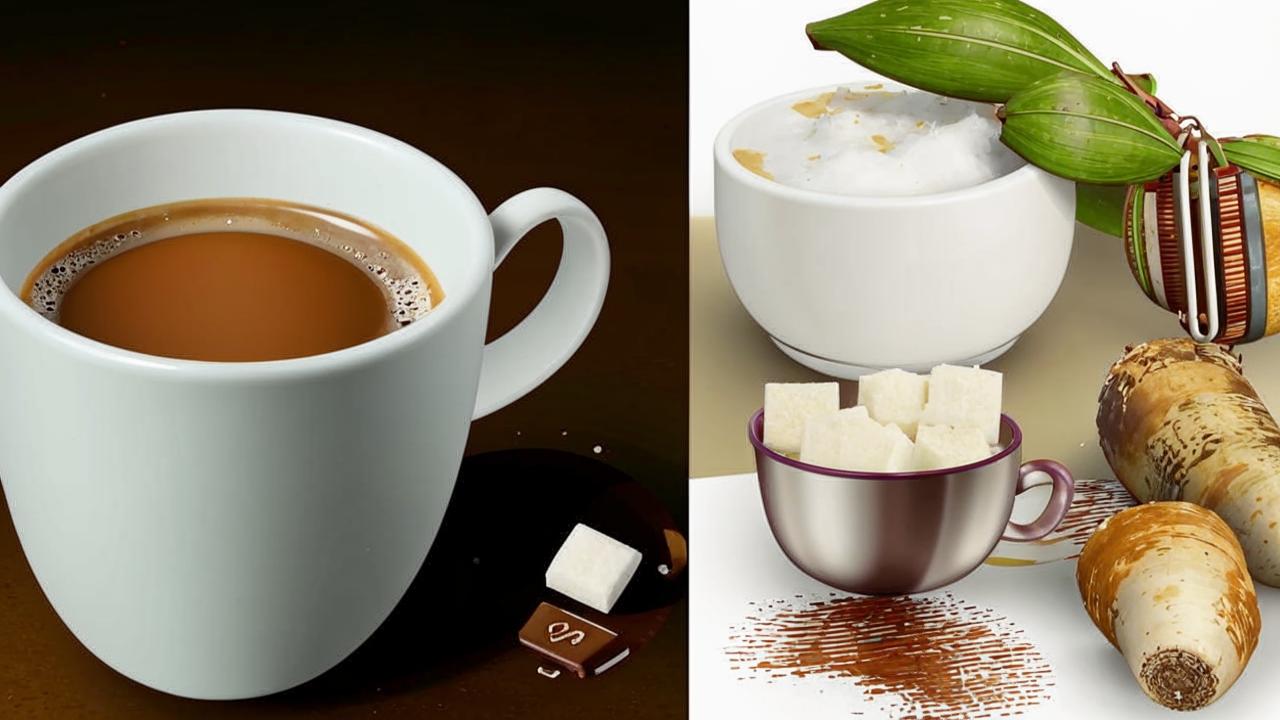“Superfoods – are vitamin and mineral rich foods that contain large doses of nutrients. For example, avocado, salmon, quinoa, Chia seeds and many others. But such “superfoods” are not cheap. The average price of lightly salted salmon is 250, 300, or even 400 rubles for 200 grams. And avocado? From one hundred to two hundred rubles per piece, depending on the variety. Not everyone can afford such a proper diet. But this does not mean that without expensive fish or almond milk you can not maintain health.
Many “superfoods” can be found the same useful analog. Only the price will be lower. We have picked up a budget substitute for expensive “right” products.
Salmon vs Mackerel

Salmon is easily digested by the body, contains useful acids, is rich in vitamins, macro- and microelements. But it’s the omega-3 that makes it a “superfood.” The World Health Organization notes that it is an essential fatty acid for humans, because the body does not produce it on its own. However, you can get Omega-3 not only from expensive salmon.
Mackerel contains a large dose of not only Omega-3, but also iodine, magnesium, zinc, vitamin A, D and other useful substances. It regulates the level of hormones, strengthens immunity – in a word, in no way inferior to red fish. But mackerel is much cheaper.
Avocado vs Pumpkin Seeds

Avocado is one of the most popular products among fans of proper nutrition. No PP blog is without a recipe for guacamole (avocado sauce) or pasta made from the fruit. In addition to fatty acids, avocados contain B vitamins, vitamin E and a lot of potassium. But this “superfood” also has an inexpensive analog.
Pumpkin seeds contain no less basic fatty acids. Thanks to vitamins A and E, the skin retains elasticity and youthfulness, and a record amount of zinc fights cancer cells. 50 grams of avocado will replace 30 grams of seeds. You’ll save money, save on the quantity of product and most importantly, you won’t lose out on quality.
Quinoa vs Chickpeas

“Overseas” cereal is rich in fiber, folic acid and vegetable protein. The cereal is gluten-free and can replace meat and poultry, so it is appreciated by vegetarians. But is it worth overpaying for a newfangled product?
Chickpea is in no way inferior to quinoa. It is also gluten-free, rich in fiber, vitamins, healthy acids and vegetable protein. And the protein in chickpeas is 18 – 19 g, and in quinoa 14 – 16 g per 100 grams of product. It turns out that chickpeas are not only not inferior, but also wins. It speeds up metabolism, improves digestion and is useful in diabetes. From chickpeas you can prepare soups, pastas, pilafs, porridge, salads and other useful dishes.
Blueberries vs Currants

We appreciate blueberries for their low-calorie and rich chemical composition. Yes, and in photos with cheesecakes it looks very beautiful. The berry is good for the heart, eyesight and nervous system. But not everyone can buy it or even more so grow it.
Black currants contain much more vitamin C, calcium, magnesium, sodium, phosphorus, potassium and other elements. It improves skin health, and overtakes apples and pomegranates in terms of iron. The berry is high in fiber, which helps bowel function, and its antioxidants slow aging and normalize blood pressure.
Maple Syrup vs Honey

Maple syrup is used in meat, fish, milkshakes, cereal, desserts and other dishes. But it is most often substituted for sugar. Sprinkling maple syrup on pancakes or pancakes has become very fashionable and “right”. Yes, it contains vitamins and useful microelements, but it is not cheap. The average price – from 350 rubles for 200 grams, if we are talking about a real product that is really useful for the body. By the way, maple syrup is often counterfeited, and instead of natural sugar we buy “something” with its flavor. So why take the risk and overpay?
Honey is not only cheaper than maple syrup, but also time-tested. It is rich in all B, K, E, C vitamins, macro- and microelements. About the useful properties of honey we know from childhood. You can buy it from a beekeeper, so that you do not worry: natural or not. But maple syrup is imported from Canada. So decide for yourself which product you should trust.
Chia Seeds vs Sesame

Chia seeds are often added to breakfast foods and desserts to give them “health benefits”. It’s true that these grains are beneficial because they contain plant acids, vitamins, fiber, kill harmful bacteria, and lower blood sugar. But it costs “miracle product” 100 – 150 rubles for 100 grams.
A good substitute for Chia seeds is sesame. They are often sprinkled on buns in stores. Sesame seeds are rich in healthy fats, vitamins and easily digestible proteins, which will help you build muscle mass. Along with Chia, sesame reduces cholesterol and blood pressure. But you should not roast it, because this way you will get an exceptionally flavorful seasoning. To retain all the beneficial properties, the seeds should be ground or soaked.
Cane sugar vs Beet sugar

Cane sugar is used to be considered a useful substitute for white sugar. It’s all about the molasses that is released during the refining process of sugar. It is true that it contains vitamins B6, iron, calcium, magnesium and other substances. But in unrefined sugar it is practically absent, so it has no magic properties either.
Refined cane sugar is no different from beet sugar. But sugar beets are grown in Russia, Ukraine and Europe, and sugar cane is imported from the tropics. It is better to give preference to raw brown beet sugar. It becomes dark after the addition of useful molasses. And beet sugar is cheaper.





